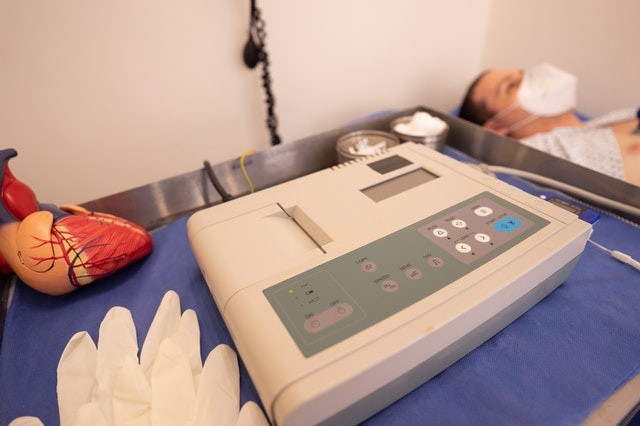A new study recently paved the way for an entirely new field of target treatments for people at risk of developing coronary heart disease, considered the world's biggest killer.
A EurekAlert! report said the most dangerous genes that cause coronary heart disease and stimulating heart attacks were detected in new major research.
The study was conducted by a research team from the Victor Chang Cardiac Research Institute, the Icahn School of Medicine at New York's Mount Sinai, and other areas in the United States and Europe.
According to Professor Jason Kovacic, executive director of the Victor Chang Cardiac Research Institute and lead author of the paper, their work achieved three major breakthroughs from which all were of key importance in combating heart disease.

Genes Causing Coronary Heart Disease
The lead author explained that there are now more precisely defined exact genes that are potential to cause coronary heart disease.
Second, he added, they have identified exactly "wherein the body the main impact of those genes is," and it might be in heart arteries themselves, directly causing blockages, or probably the impact is in the liver to raise cholesterol levels, or in the blood "to change inflammation."
The third major achievement was to rank the said genes, 162, according to priority for causing coronary heart disease.
Professor Kovacic explained that some of the top genes determined on this list have previously been examined in the context of a heart attack.
He also said that finding such essential new genes is not just really exciting but a real challenge, as well, as no one knows yet exactly how many of them are causing bad heart health.
New Finding Linked to Heart Attacks
In the study published in Circulation: Genomic and Precision Medicine, 600 patients who suffered from coronary heart disease and 150 more who had no coronary heart disease were included.
All participants went through open chest surgery for coronary heart artery bypass surgery or other reasons. The researchers used the supercomputer of Mount Sinai, which they called Minerva, to crunch the numbers, analyze data, and collect data and information from thousands of genes.
The lead author said he's hoping such findings will stimulate research in the field and lead to an entirely new area of critical work linked to heart attacks.
He added the new knowledge found will enable them to go after such crucial genes that cause heart attacks, as they know just how highly deserving they are of direct, in-depth research to understand exactly how they are causing coronary heart disease and if they might be potential drug targets for patients.
PHACTR1 Genes
Another essential aspect of this research was that one of the researchers' previously suspected top genes, called PHACTR1, was verified as among the top two genes that cause coronary heart disease.
Explaining the said gene, the professor said they are very actively examining PHACTR1 in his laboratory as they know it causes not just coronary heart disease but an entire range of vascular diseases as well like Fibromuscular dysplasia; migraine, and "spontaneous coronary artery dissection."
Nonetheless, he continued, even though the single most essential gene for causing vascular disease, scientists worldwide may have a slight idea of the manner PHACTR1 is working, and Kovacic's team is determined to fix that.
A similar Medical Xpress report specified that another benefit to patients, though, "may be improved genetic testing."
Related information about gene variants linked to heart attack is shown on Western University's YouTube video below:
RELATED ARTICLE : Mechanical Pump Developed in Australia for Total Replacement of Damaged Hearts; Device Set for Human Trials Later This Year
Check out more news and information on Heart Health in Science Times.
© 2026 ScienceTimes.com All rights reserved. Do not reproduce without permission. The window to the world of Science Times.










